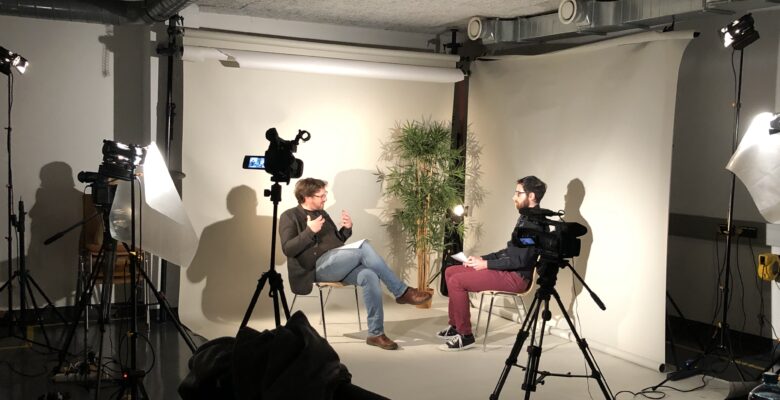The Poetics of Displacement: A Conversation
We were delighted to be invited by the Oxford Centre for Life-Writing to present on the material that we love most: the Roman verse inscriptions. (Click here for further information.)
For our presentation, we chose to focus on The Poetics of Displacement: Migration and Multiculturalism in the Roman Verse Inscriptions. In this Peter Kruschwitz and Alex Gangoly discuss these texts with Chiara Cenati, Victoria González Berdús, and Denisa Murzea, with invaluable support by Tina Hobel.
Poetry was the most affordable art form in the Roman world: all it required were words, and someone with a talent to arrange them in a meaningful, aesthetically convincing way. It offers a unique insight into Roman life; it also served as a form of life-writing. For life-writing, they offer a kaleidoscopic set of perspectives. The first life-writing perspective to consider is that people expressed their identities and concerns, showcased knowledge and education, and embedded it all in a cultural practice shared by Latin speakers in a multinational empire. For some, Latin might have been just one of several languages they had mastered. The second perspective is that these texts have a double role of a cultural artefact and an ego-document, and like many pre-modern ego-documents (and perhaps later ones too), they reflect both the individual, and the community. The third perspective emphasises that the verse inscriptions as evidence for poetry are ubiquitous, and attest to inclusive cultural practice of the people of ancient Rome beyond the palaces of its urban aristocracy. How is the empire’s considerable regional and ethnic diversity reflected in the engagement with inscribed verse?
A handout, comprising the texts that we discuss as well as some further reading, is available for download and consultation here (in PDF format).

